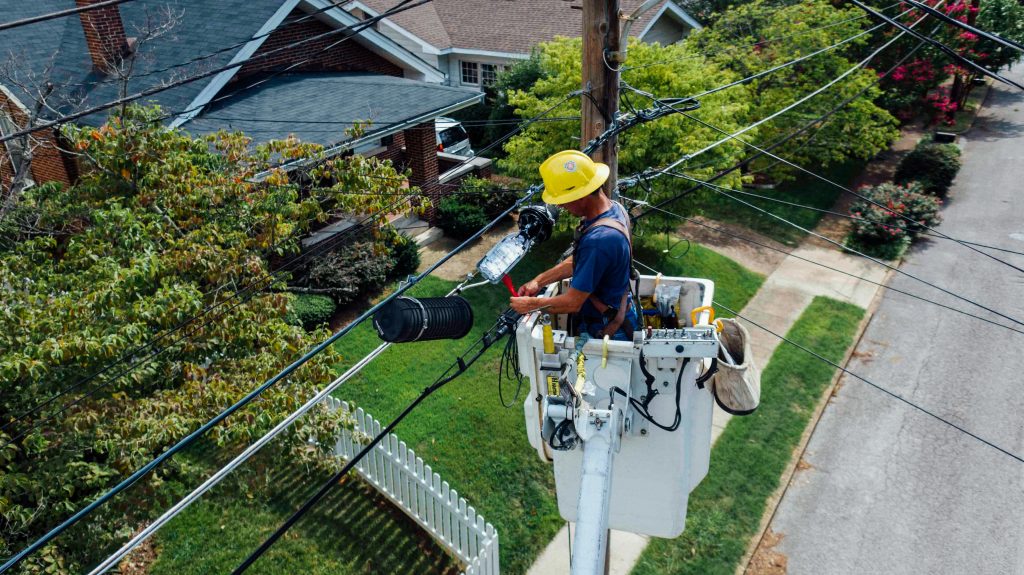
If you have an outstanding balance on a credit card, you may be wondering if it’s worth it to try to negotiate with your credit card company. The answer is, yes; it’s possible to negotiate various terms with your credit card companies. Especially if your financial situation has changed, for better or worse, this can help you negotiate. Here are a few times when you should negotiate and what you can expect.
When Should You Negotiate?
Credit card terms are never set in stone. They may be more flexible than you think. You can negotiate at any time with your credit card company, but certain factors can make you more likely to get what you want. Here are a few times when credit card companies are more likely to oblige your requests.
If You Have a Financial Hardship
You may need to call your credit card company if an unexpected financial hardship arises. Don’t just continue to miss payments. This could send your card balance into collections and impact your credit score. Most creditors will allow you hardship assistance of some kind. This negotiation is pretty standard and one you will likely receive if you pursue it.
You Have a Lumpsum of Cash to Pay Off Your Card
If you find yourself with enough cash to pay off your credit card debt, you may be able to negotiate a lump sum payoff. This is usually only when your account is overdue or in collections. Then, credit card companies or collections agencies may settle your debt for less than what you owe.
If You’ve Increased Your Credit Score
When your financial situation changes for the better, you should try to negotiate with your credit card company. You may be able to secure a better interest rate. If rival credit cards are offering a better rate, point this out. Asking for a balance transfer to another card with better terms may prompt your credit card company to match it. You have nothing to lose by asking for a few points off your interest rate percentage. This could save you hundreds or thousands of dollars in the long run.
If You Have Additional Income
Perhaps you’ve just gotten a new job and your income has increased. This is a good time to ask your credit card company for a credit line increase. Even if you don’t use the additional credit on purchases, having more available credit can help your credit score.
If You’re a Loyal Customer
Say you’ve been with your credit card company for several years. You can ask for better terms on your current card, like cashback or rewards. Most credit card companies will upgrade you if you ask. Additionally, if you’ve been hit with a fee, like a late fee, and it’s the first time, you may want to negotiate with your credit card company to waive the fee. If you’re a loyal customer who has always been in good standing, they are more likely to make an exception.
Have you negotiated with your credit card company? Were you successful?
Read More


